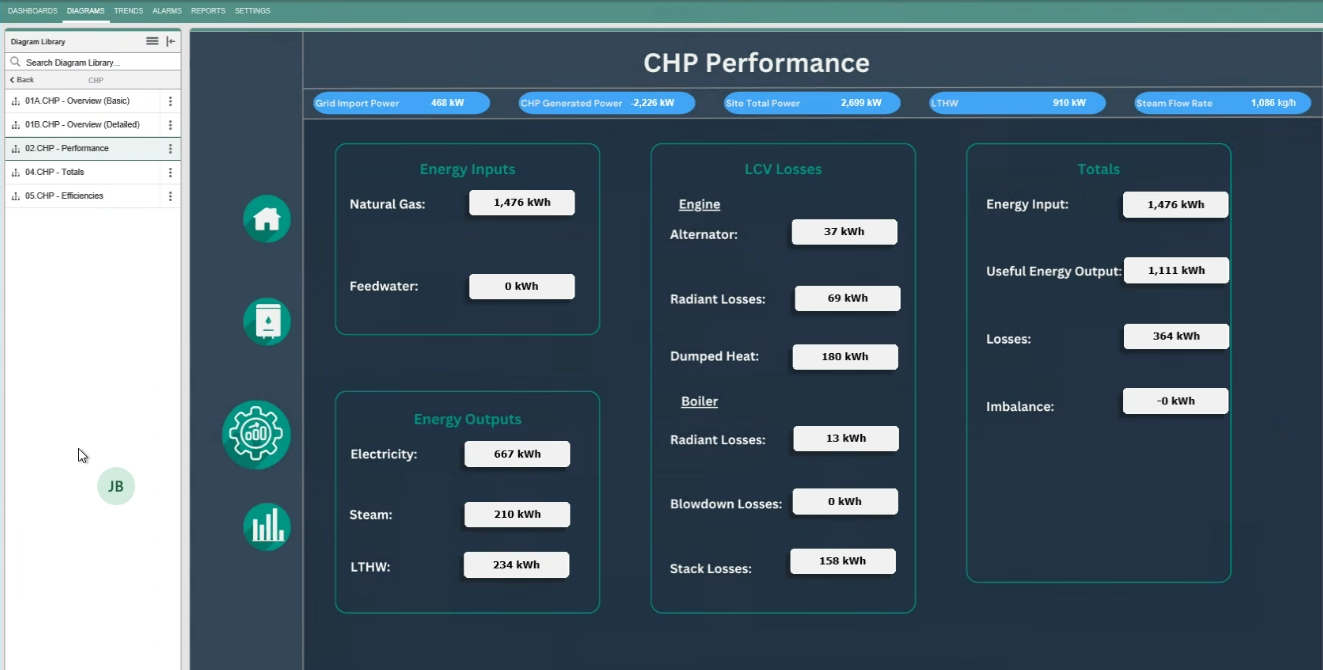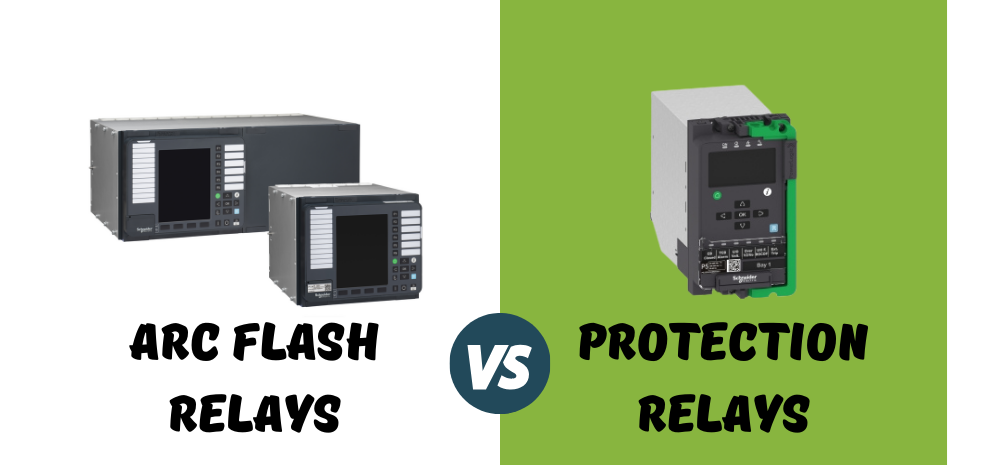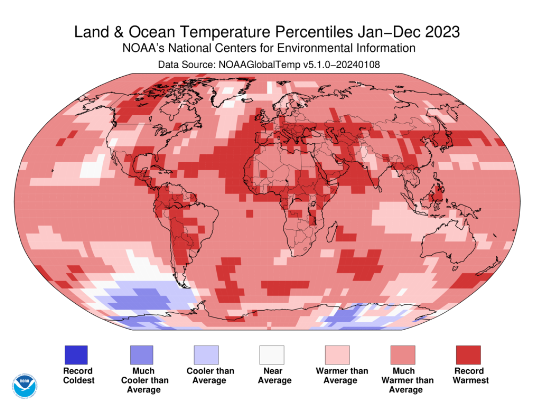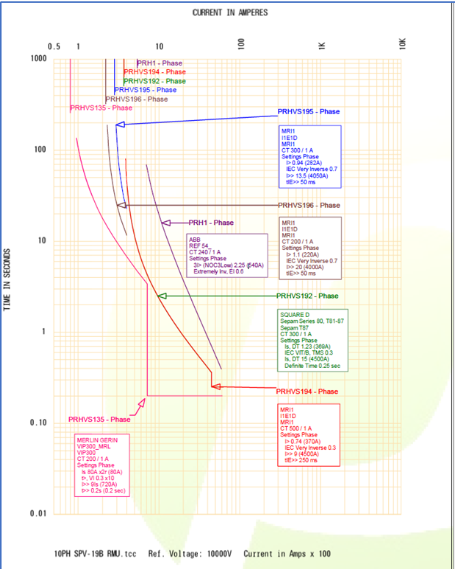Integrating Sustainable Energy Sources for Enhanced Energy Management
Integrating renewable power sources has emerged as a crucial strategy for achieving sustainable energy management. Harnessing the potential of solar, wind, hydropower, and other renewable resources can not only reduce carbon emissions but also contribute to a more resilient and efficient energy infrastructure. Through exact system modelling and intelligent network monitoring, we have been assisting our clients to integrate a renewable power source into their networks successfully.
Why Integrate a Renewable Power Source?
-
Cost Savings:
- Renewable energy sources, such as solar and wind, can provide a stable and often lower-cost source of electricity over the long term. By generating your own renewable energy, you can reduce your reliance on grid electricity, potentially leading to substantial cost savings.
-
Energy Cost Stability:
- Renewable energy projects, once operational, provide a level of cost stability compared to the variable and sometimes unpredictable costs associated with conventional energy sources. This stability can help you better plan and manage their budgets.
-
Carbon Emission Reduction:
- Adopting renewable energy helps reduce your carbon footprint. This is increasingly important in meeting sustainability goals and addressing environmental concerns.
-
Regulatory Compliance:
- By proactively integrating renewable energy, you can position yourself to comply with current and future regulations related to carbon emissions and environmental impact.
-
Enhanced Corporate Image:
- The adoption of renewable energy aligns with corporate sustainability initiatives, enhancing the overall corporate image. Demonstrating a commitment to environmentally friendly practices can positively influence the perception among customers, investors, and the public.
Of course integrating renewables isn’t without its challenges which is where we come in to ensure project success. Some of the challenges you might face are:
-
Intermittency and Reliability Concerns:
- The intermittent nature of certain renewable sources can pose challenges for maintaining a consistent and reliable energy supply. Also large inverter based generation can be significant harmonics generators. Early planning on how to address these issues is crucial.
-
Technology Integration Challenges:
- Integrating renewable energy technologies into existing infrastructure and energy systems may require modifications and upgrades. Ensuring seamless integration without disrupting ongoing operations can be a technical challenge that requires careful planning and execution.
-
Balancing Energy Independence and Grid Reliability:
- While achieving energy independence is a goal, companies must also consider the reliability of their energy supply. Balancing on-site renewable energy generation with grid connectivity may be necessary to ensure uninterrupted power supply, especially during low renewable energy production periods.
-
Grid Compliance
- Integrating renewable energy can pose specific compliance challenges that companies must navigate.
Overcoming these challenges requires a comprehensive approach which we can provide through our power monitoring system and meters, power system analysis.
To discuss your renewable energy plans or to get more information on what is involved speak to our experts today.













